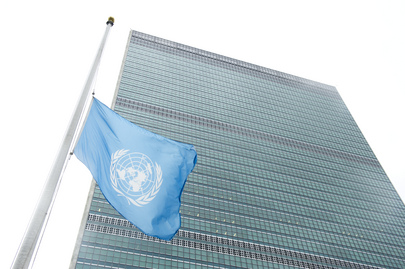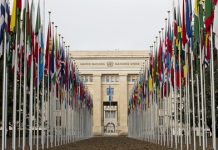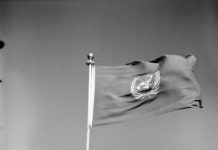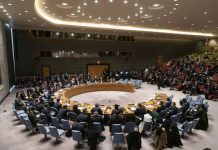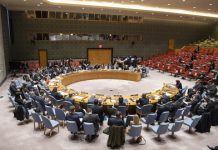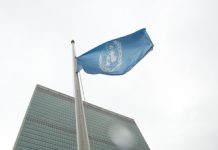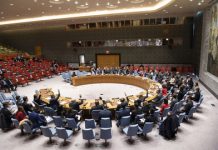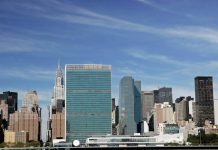Small Island Developing States are particularly vulnerable to plastic pollution. As well as coping with a tsunami of waste washes up on their beaches every day, these countries – which are generally highly dependent on imports – generate a large amount of plastic waste of their own, and often struggle to manage it.
Plastic pollution has a detrimental effect on the health and livelihoods of people living in small island states, which often lack the means to effectively treat and process it. It’s not great for the economy either: tourists don’t want to hang out on dirty beaches, and marine litter can damage fishing stocks.
Conor Lennon from UN News went to Trinidad to see how the UN is working with civil society and the government to not only deal with the waste, but also find a way to reuse it, and take it out of the environment.
Source of original article: United Nations (news.un.org). Photo credit: UN. The content of this article does not necessarily reflect the views or opinion of Global Diaspora News (www.globaldiasporanews.com).
To submit your press release: (https://www.globaldiasporanews.com/pr).
To advertise on Global Diaspora News: (www.globaldiasporanews.com/ads).
Sign up to Global Diaspora News newsletter (https://www.globaldiasporanews.com/newsletter/) to start receiving updates and opportunities directly in your email inbox for free.


